What Does It Take To Win Jeopardy?
October 20, 2012 in Daily Bulletin
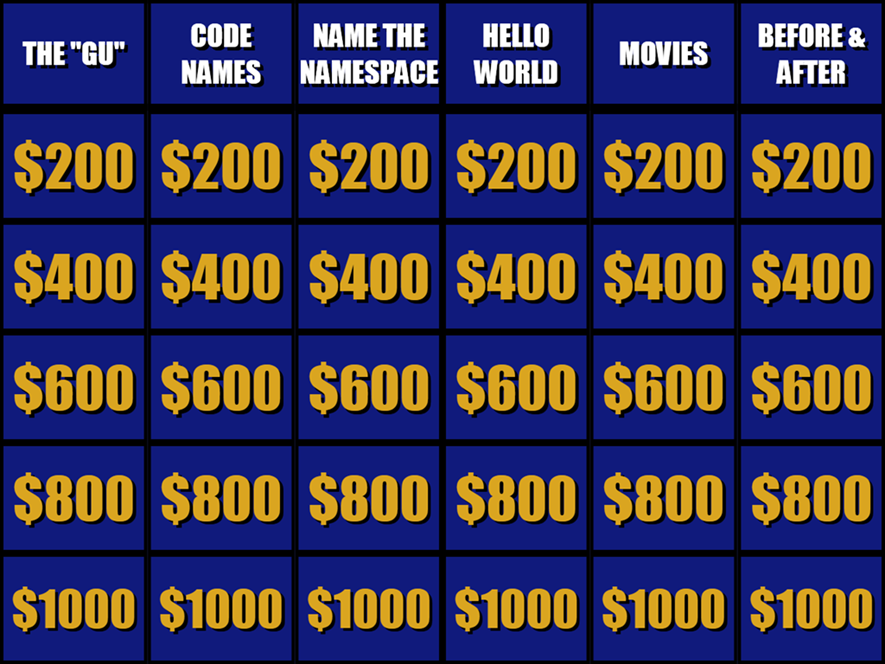
Glenn Fleishman, a writer for the Economist, was selected to be a contestant on the popular quiz show, Jeopardy. He took the opportunity to review how other candidates have prepared for their appearances on the show in the past:
- Fans of the show have assembled a comprehensive archive of every clue and answer in the history of the show. One contestant downloaded it and created his own training program to practice.
- Other contestants have turned their homes into replicas of the Jeopardy Studio. One contestant even made sure that the snacks in their mock green room matched those available on the show.
- Fleishman himself, however, simply brushed up on his knowledge of a few categories that seem to be tested often. This included knowledge about popes, royal families, pop songs, states, major rivers, Presidents, and wars around 1900. It worked. He made it to the next round.
Read more about the experience, and how the show’s producers trick you into thinking it has been filmed over several weeks over here
Source: The Economist
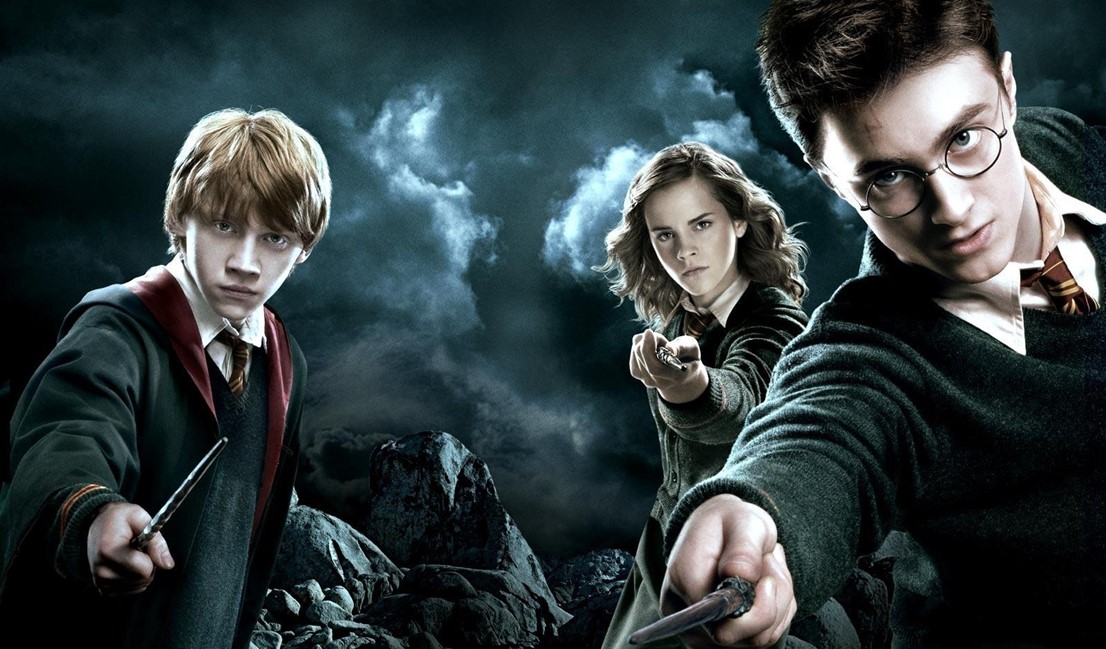
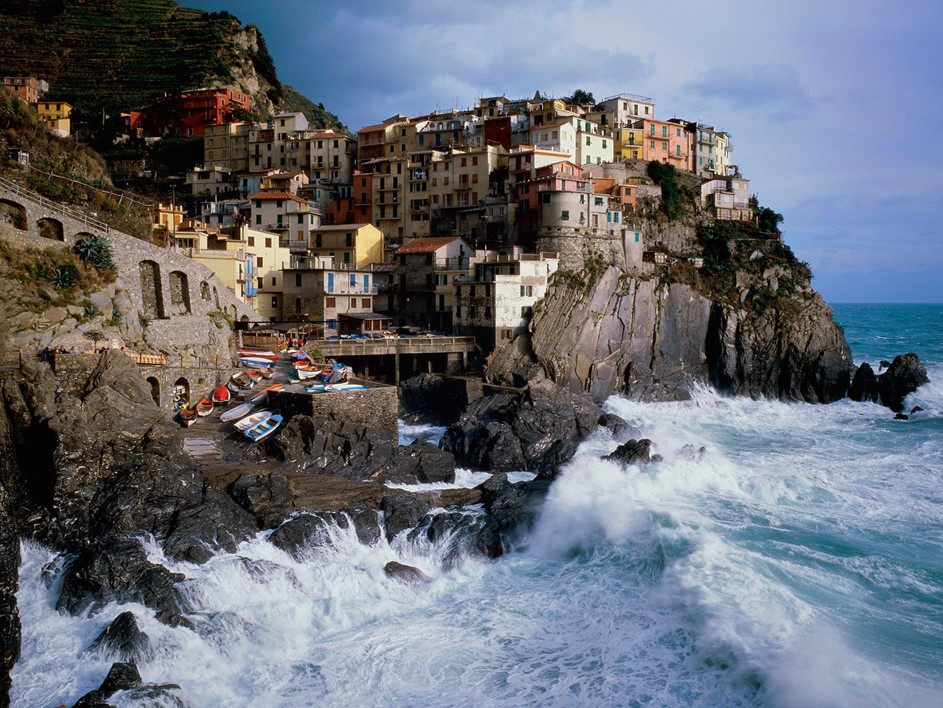



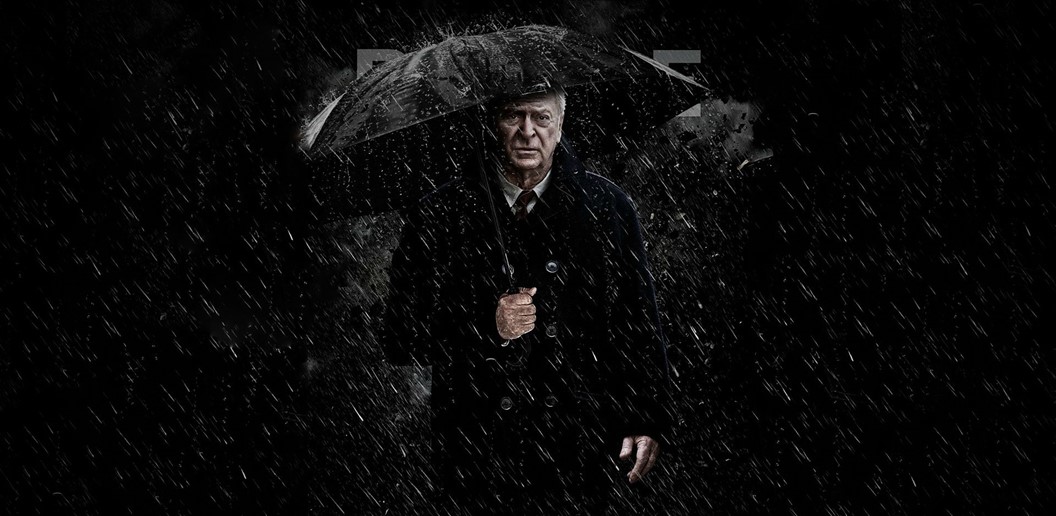
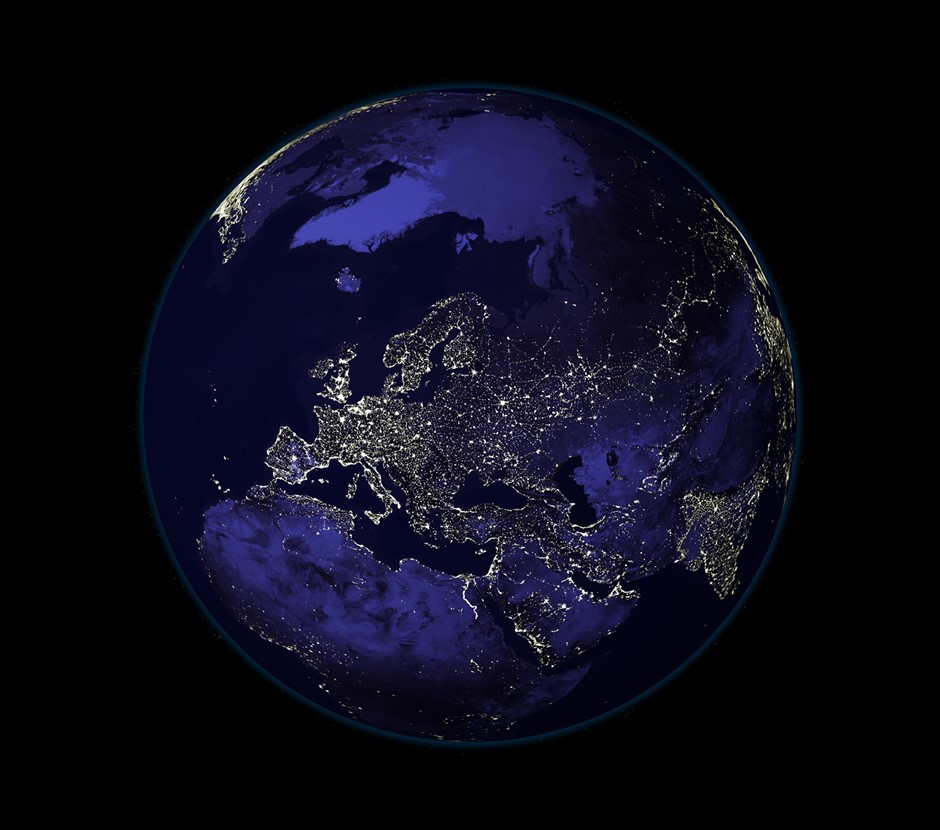

Join the Discussion! (No Signup Required)